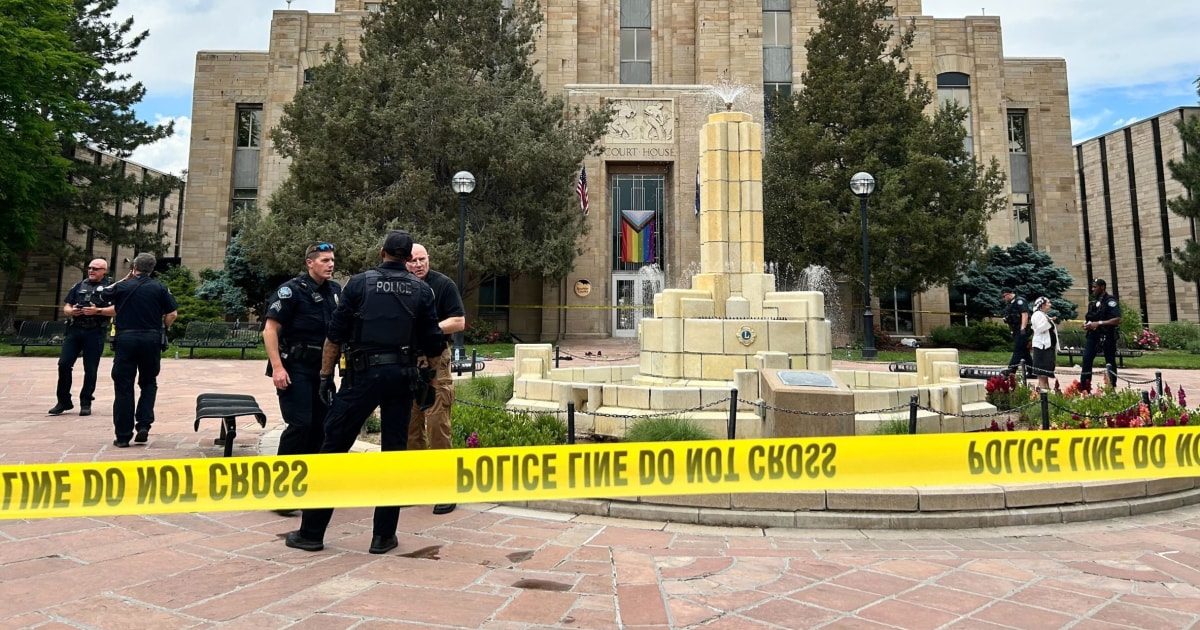State Surgeons General Navigating Political Landscape in Public Health
In the evolving landscape of public health, state surgeons general find themselves balancing medical guidance with emerging political pressures. This delicate role has become increasingly complex as health issues intersect with political agendas, particularly during health crises like the COVID-19 pandemic.
The position of state surgeon general, which primarily involves promoting public health and advising on medical matters, has come under scrutiny as political actors increasingly influence health policies. This trend is evident across various states, where some surgeons general prioritize scientific data while others align with prevailing political sentiments.
For instance, some state surgeons general have openly challenged federal health guidelines and advised against measures such as mask mandates and vaccination campaigns, reflecting broader partisan divides. In contrast, others remain steadfast in recommending science-driven strategies to combat public health threats, emphasizing the necessity for accurate information and trust in medical expertise.
The political implications of these actions are significant. Public trust in health officials is paramount, yet when political affiliations influence health recommendations, the credibility of these officials may suffer. Surgeons general must therefore navigate this minefield carefully, advocating for sound public health practices while mitigating potential backlash from political entities.
With public health becoming increasingly politicized, the role of state surgeons general is more crucial than ever. They are tasked not only with safeguarding community health but also with maintaining public trust amid a climate of division. As they continue to face these challenges, the need for a unified approach to public health becomes increasingly evident.
In this charged environment, the true test for state surgeons general will be their ability to uphold their professional integrity while effectively communicating the importance of science in public health policy. Their influence can play a pivotal role in shaping community health outcomes in an era marked by political strife.
Source
Photo credit alaskabeacon.com



